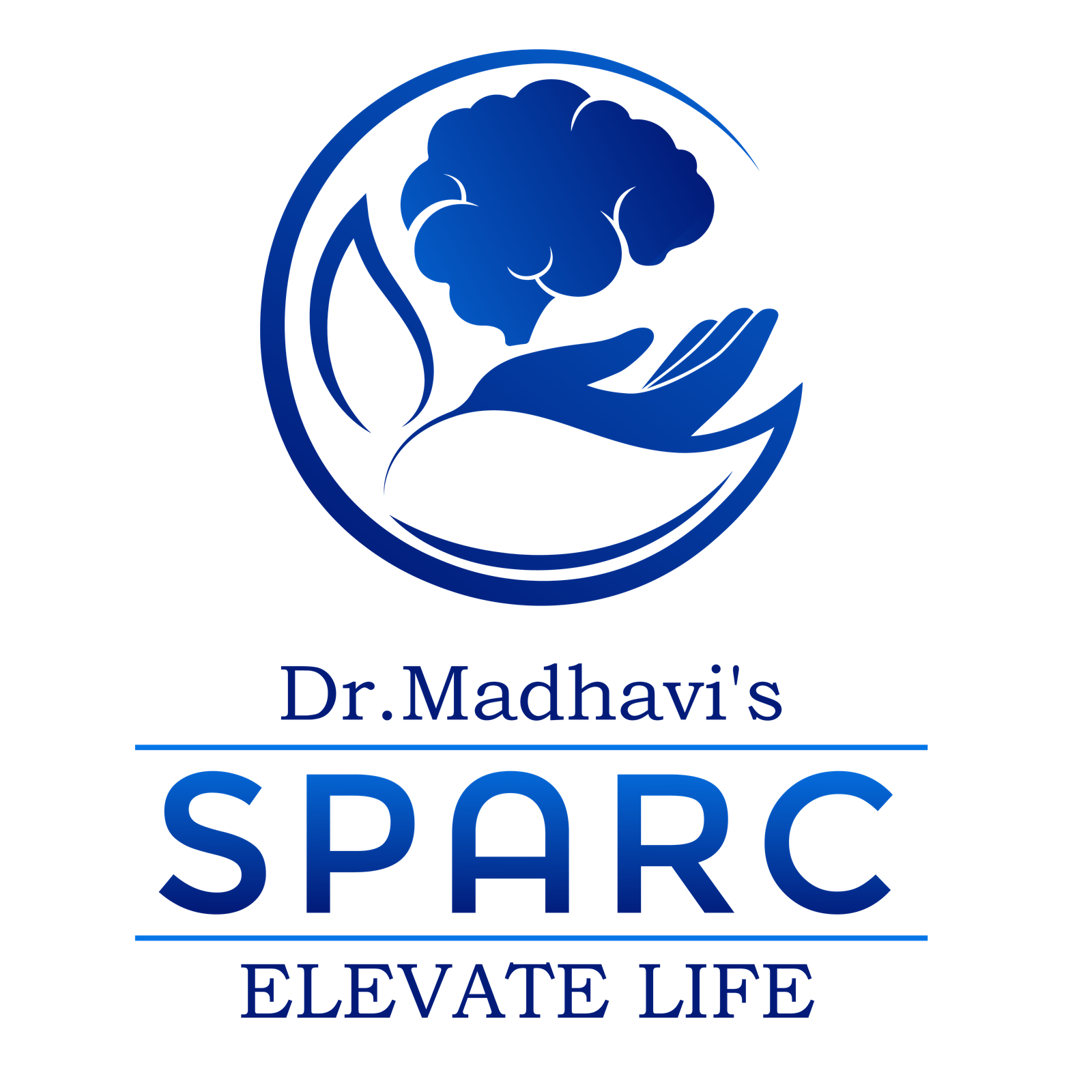Speech Therapy

About Speech Therapy
Speech therapy is a specialized intervention designed to assist individuals with speech, language, and communication disorders. Conducted by licensed speech-language pathologists (SLPs), this therapy focuses on improving verbal and non-verbal communication skills to enhance everyday interactions and quality of life. Speech therapy can benefit people of all ages, from toddlers struggling with delayed speech to adults recovering from neurological conditions.
Causes of Speech Disorders
Speech and language disorders can arise from a variety of factors, including:
- Developmental Delays: Common in children, often linked to genetic conditions or hearing loss.
- Neurological Disorders: Such as stroke, Parkinson’s disease, or traumatic brain injury.
- Structural Abnormalities: Like cleft palate or oral-motor issues.
- Hearing Impairments: Affecting the ability to perceive and produce sounds accurately.
- Autism Spectrum Disorder (ASD): Influencing language and social communication skills.
- Other Medical Conditions: Including dementia, intellectual disabilities, or speech apraxia.
Types of Speech Disorders
Speech therapy addresses a broad spectrum of disorders, including:
- Articulation Disorders: Difficulty producing specific sounds or syllables.
- Fluency Disorders: Issues like stuttering or cluttering.
- Voice Disorders: Abnormal pitch, volume, or quality of voice.
- Receptive Language Disorders: Trouble understanding spoken or written language.
- Expressive Language Disorders: Challenges in expressing thoughts and ideas clearly.
- Cognitive-Communication Disorders: Impaired memory, attention, or problem-solving affecting communication.
Symptoms of Speech Disorders
Some common signs that may indicate a need for speech therapy include:
- Difficulty pronouncing words or sounds.
- Frequent stuttering or repetition of words.
- Hoarseness or strain in the voice.
- Trouble understanding or following directions.
- Limited vocabulary or inability to form sentences.
- Challenges with reading, writing, or social communication.
Diagnosis of Speech Disorders
Diagnosing speech disorders involves:
- Initial Assessment: Reviewing medical history and observing communication behavior.
- Speech Evaluation: Using standardized tests to assess articulation, fluency, and language comprehension.
- Hearing Tests: Identifying any underlying hearing impairments.
- Neurological Examination: For adults, to check for conditions affecting speech, like a stroke or brain injury.
Treatments in Speech Therapy
Speech therapy plans are tailored to individual needs, incorporating:
- Articulation Therapy: Focused exercises to improve sound production.
- Language Intervention Activities: Using books, pictures, and games to develop language skills.
- Voice Therapy: Techniques to strengthen vocal cords and improve pitch and clarity.
- Fluency Training: Strategies to reduce stuttering and enhance fluency.
- Augmentative and Alternative Communication (AAC): Tools like communication boards or speech-generating devices.
- Parent and Caregiver Training: Guidance on reinforcing techniques at home.
Frequently Asked Questions (FAQs)
1. Who can benefit from speech therapy?
Speech therapy can help individuals of all ages, from children with developmental delays to adults recovering from medical conditions like strokes or surgeries.
2. How long does speech therapy take?
The duration of therapy depends on the severity of the condition and individual progress. Some may see improvements within months, while others may require longer treatment.
3. Can speech therapy help with accents?
Yes, speech therapy can assist individuals in modifying accents to improve clarity and communication in specific contexts.
4. Is speech therapy effective for autism?
Speech therapy is highly beneficial for individuals with autism, helping them improve communication, social skills, and language comprehension.
Speech therapy is a transformative process that empowers individuals to communicate effectively and confidently. With the right diagnosis and treatment plan, anyone can achieve significant improvements in their speech and language abilities.
